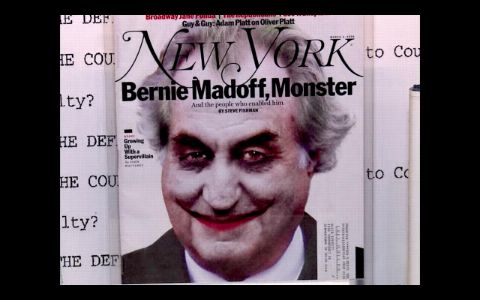Part 2 • 2014 • episode "S1E2" • The Men Who Made Us Spend
In the second of this three-part series, Jacques reveals how fear remains one of the most powerful drivers of our spending. Visiting a neuroscience lab, Jacques hears from a consumer psychologist about how our brains are much more responsive to negative than to positive stimuli. He also meets some experts who have turned this knowledge into an art form, helping manufacturers make billions from our anxieties and insecurities. At the remote chateau of French anthropologist Clotaire Rapaille, Jacques learns how our sense of fear drives us in ways many of us do not understand - and how Rapaille's insights have helped companies sell us everything from SUVs to cigarettes. At the Beverley Hills pad of multimillionaire marketer Rohan Oza, he hears how Oza's connections to celebrities helped propel VitaminWater into the soft drink stratosphere, despite the fact that the product's health claims have been called into question. Jacques also confronts the men who say they are combating our most deep-seated fear - of age and decline. In Las Vegas, he mingles with the doctors and businessmen attending a global conference aimed at selling us ways to stay young and healthy, challenging them to justify their claims for the anti-aging business that has made them rich.
Make a donation
Buy a brother a hot coffee? Or a cold beer?
Hope you're finding these documentaries fascinating and eye-opening. It's just me, working hard behind the scenes to bring you this enriching content.
Running and maintaining a website like this takes time and resources. That's why I'm reaching out to you. If you appreciate what I do and would like to support my efforts, would you consider "buying me a coffee"?
Donation addresses
BTC: bc1q8ldskxh4x9qnddhcrgcun8rtvddeldm2a07r2v
ETH: 0x5CCAAA1afc5c5D814129d99277dDb5A979672116
With your donation through , you can show your appreciation and help me keep this project going. Every contribution, no matter how small, makes a significant impact. It goes directly towards covering server costs.








